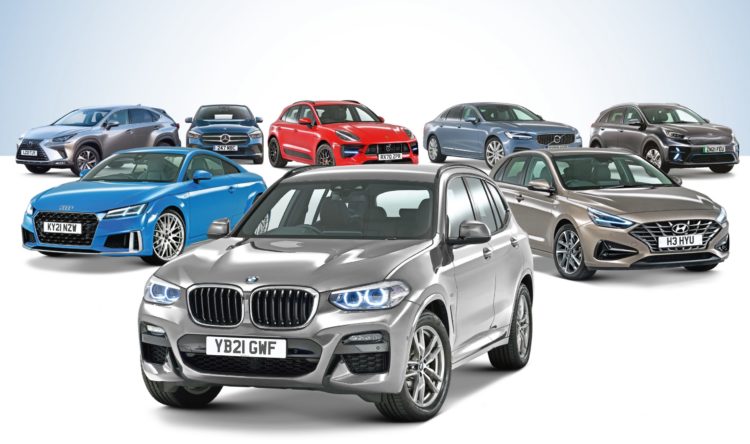Wireless charging
Fast charging on motorways
Sweden’s e-motorway is due to be completed by the end of 2025. It comes as part of the country’s plans to decarbonise the transport industry.
Look no wires
As reported by Euronews, Sweden has piloted a number of similar schemes in recent years. However, the latest announcement is the most ambitious yet.
In total, 13 miles of the E20 motorway will be converted. It passes through three major Swedish cities – Stockholm, Gothenburg, and Malmö.
Jan Pettersson, Director at the Swedish Transport Administration, described it as “the way forward for decarbonising the transport sector”.
Open options
Implementation of the plan is still under discussion.
The Government appear to have three options to choose from:
Firstly, to use a catenary system using overhead wires to provide power to cars on the road. This would be most suitable for buses or trams.
Secondly, using an inductive system. Engineers would bury equipment underneath the road to send power to coils fitted to EVs as they travel along.
The final option is using conductive charging. This is where electricity is sent wirelessly to a metal plate on the EV.
The most prominent pilot scheme took place on the island of Gotland. This is where a small stretch of road was used by trucks and buses and used wireless electric charging.
Driving forward
In 2022, Volvo Cars announced the testing of a new wireless EV charging technology in a live city environment.
Over a three-year period, a small fleet of fully electric are being used as taxis by Cabonline. Wireless charging stations are used for the taxis in the city of Gothenburg, Sweden.
It is one of many projects in the strategic initiative Gothenburg Green City Zone. This is a live test bed for the development of sustainable technologies.
“Gothenburg Green City Zone lets us try exciting new technologies in a real environment and evaluate them over time for a potential future broader introduction,” said Mats Moberg, Head of Research and Development at Volvo Cars. “Testing new charging technologies together with selected partners is a good way to evaluate alternative charging options for our future cars.”
The charging starts automatically when a compatible vehicle parks over a charging pad embedded in the street. It allows drivers to conveniently charge without getting out of their car or plugging in.
The future at home
The UK has been testing similar technology too.
Nottingham City Council’s UK-first wireless electric taxi charging trial took place in January 2023, with the wireless charging infrastructure being used.
The trial lasted four months and almost 1,000 wireless charging events took place with more than 20 taxi drivers.
Feedback from taxi drivers was generally positive. It was considered convenient and saved time. However, many drivers said they would appreciate faster charging, with the existing system only offered a 10kW charging rate.
According to the Council, introducing wireless charging into the public highway has provided some important learning for how future projects could be introduced.
The council and its project partners closely monitored the project. The feedback has been sent on to Government to help shape future regulations and inform how wireless charging projects could be delivered.





